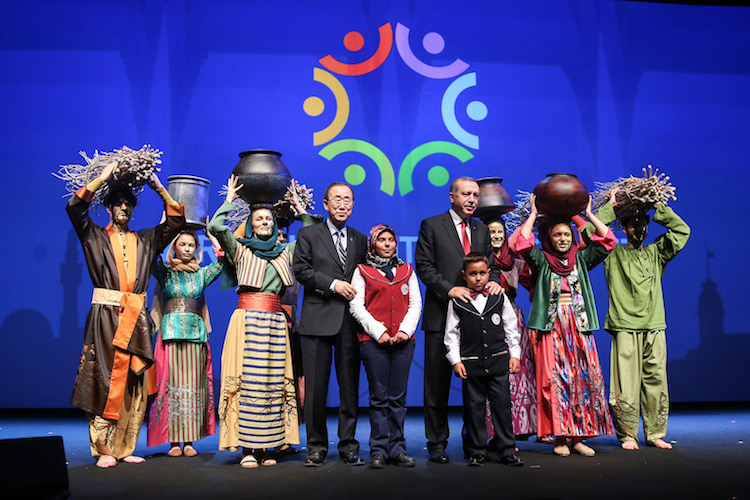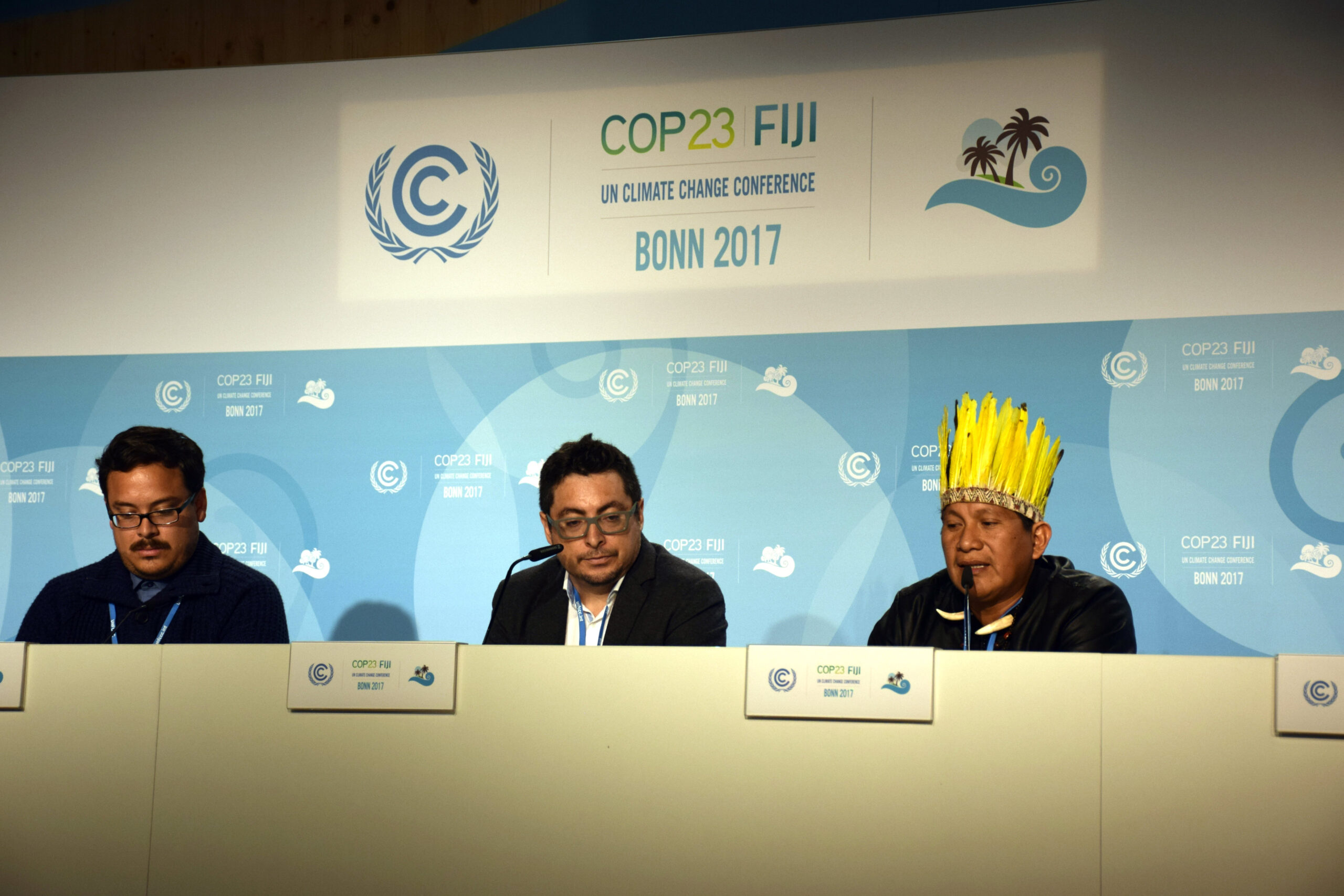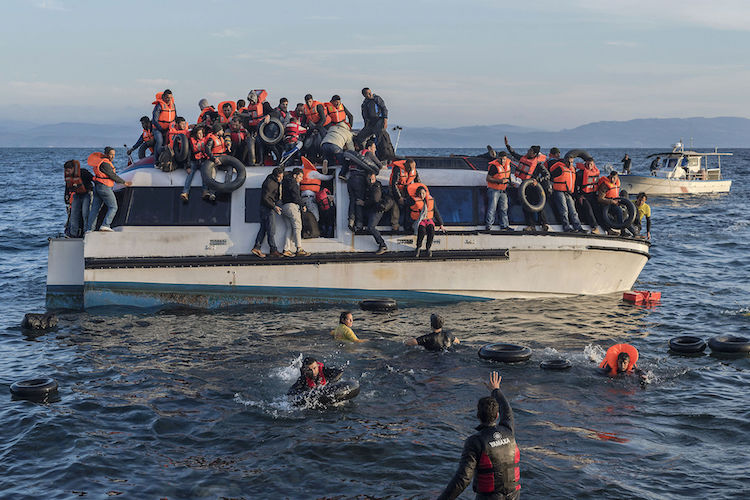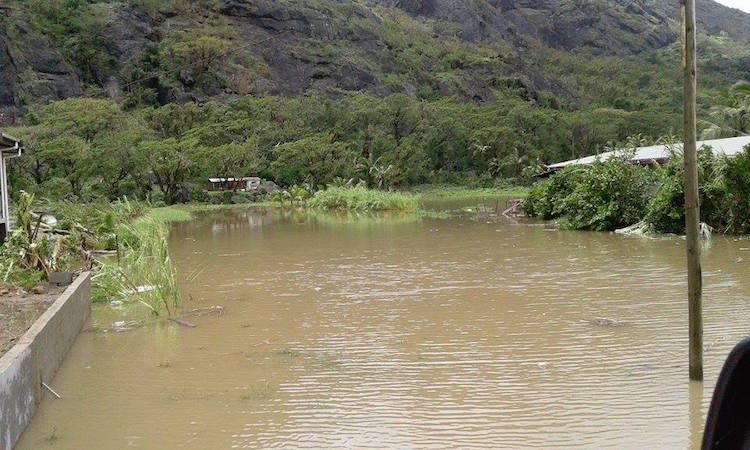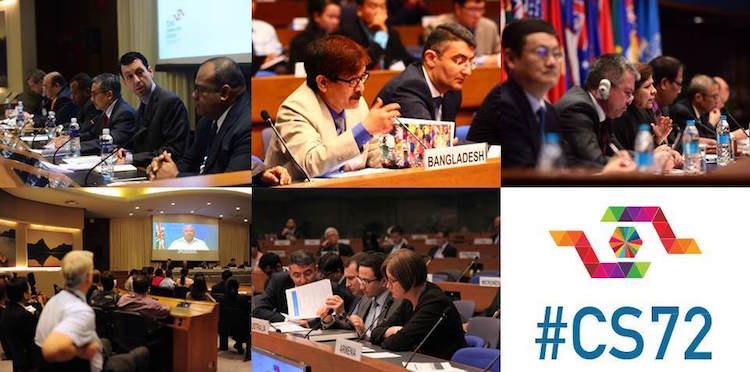Humanitarian Summit in Perspective: Faith Communities Crucial for Disaster Prevention
Analysis by Jacques N. Couvas
ISTANBUL (IDN) – While most of the world’s political leaders shunned the United Nations’ first World Humanitarian Summit (WHS) on May 23-24, the international religious community was alive and kicking in the congress halls and exhibition grounds of the event in Istanbul.
A series of meetings and activities gathered personalities representing a variety of faith movements from the very first hour of the Summit, with the WHS Side Event on ‘One Humanity, Shared Responsibilities: Evidence for Religious Groups’ Contributions to Humanitarian Response’.
Two panels of experts, coordinated by Jean Duff, president of the Joint Learning Initiative on Faith and Local Communities (JLIF&LC) and Manu Gupta, head of the Asian Disaster Reduction and Response Network (ADRRN), examined the evidence for the contributions made by faith-based organizations (FBO) to humanitarian assistance.…




